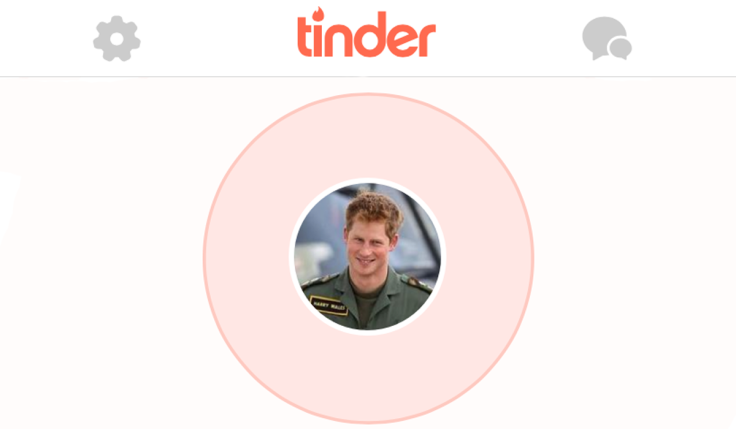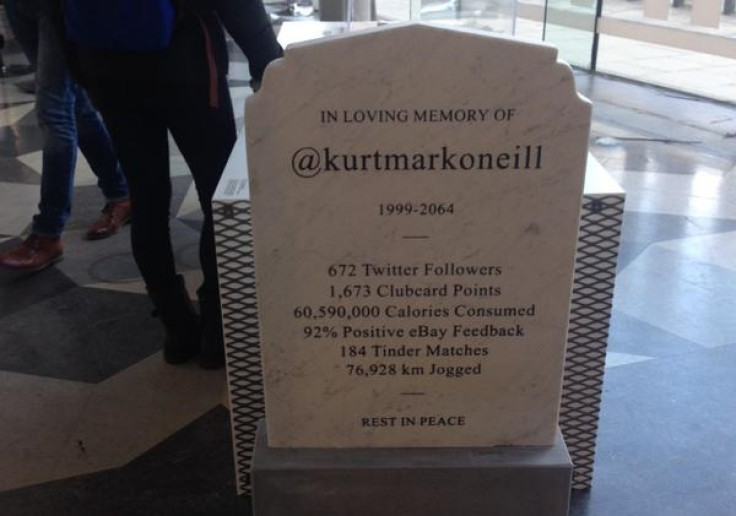Tinder isn't evil - it's just human vanity distilled into an app

If you're fortunate enough not to be from Earth, and have therefore not heard of Tinder, I'll lay it out for you.
It's a videogame where you play a disinterested modern-day sultan, hand-brushing through his digital harem, trying to choose which person on the screen he'd most like to bang. You score points by meeting these poor sods in real life, sexually disappointing them and then bragging to your friends about it over Facebook, the object of the game being to transform yourself into the lousiest, fibbingest bastard within a twelve-mile radius.
Points are also awarded for every time you return from a sojourn and are still able to look at yourself in the mirror, but those are hard to reach bonuses. Like the Golden Eggs in Angry Birds, nobody really gets those.
I am, of course, joking. Tinder is not a videogame. It simply masquerades as one.
Next time you use it, look at what it says when you score a "match." It invites you to either send that person a message or "keep playing." That phrase tells you everything you need to about Tinder. The people making it know that it's judgey and just...bloody...wrong, and so they try to play their work down with a euphemistic little phrase.
"You're not actually judging these people," Tinder seems to say. "You're not actually a shallow, superior, facile scumbag, emblematic of everything that's wrong with a species of failing, sybaritic so-called people. You're just playing. It's just a game. So judge on, pal. Judge on." Then, when it's cleared your conscience, Tinder marches in more men and women for you to idly thumbs up or thumbs down, like you're Joaquin Phoenix in Gladiator. It's a meat market.
But then, isn't everywhere? Don't we judge and eye up and evaluate people every place we go? You might not be as explicit about it when you're queueing in a shop, but everybody is constantly "on," constantly deciding whether the people around them are bangable or otherwise.

People worry about Tinder like it's some kind of new evil, like a culture of lazy, superficial physical appraisal is threatening to overtake true romance. But that's bunkum. Since the first time human beings ever attended a party – since forever – they've been fixated with how the people around them look. So Tinder is at least honest.
I wouldn't go so far as to say I admire it – I'd like to think there's nuance to dating beyond "he/she looks good, I'll shag him/her" - but it's probably the first dating service that's accurately recreated what it's like to be "on the pull" at a mass social event. And in regards to having sex, this is how human beings, a lot of the time, operate.
It doesn't work
The behaviour that's inherent to Tinder isn't rooted in some new level of superficiality, exclusive to the young people of today – it's existed forever. I'm pretty sure my grandparents first met when they were drunk and horny at an RAF dinner-dance.
So my criticism of Tinder, after a month or so of using it, isn't based in moral outrage. The reason I don't like it is because, basically, it doesn't work. The majority of people on there aren't looking for relationships, dates or even casual sex – they just want validation. It's an app where you can login, see that a few people like your pictures, swipe some people into a proverbial bin, feel superior and then logout.
The behaviour that's inherent to Tinder isn't rooted in some new level of superficiality, exclusive to the young people of today – it's existed forever.
I know a few people who have had genuinely nice dates and meet-ups through Tinder, and that's great. But for the most part, I think I and the rest of the people on there are just in it for the buzz.
It's like people spotting. Have you ever done that? You sit on a park bench, or in the lobby of a cinema or restaurant of something, and look at people as they come and go, and make little remarks about them. You don't know them – you're never going to know them – but based on how they look, you presume to have an idea about what they're like and where they're going.
That's Tinder. The first time I ever used it, I was still in a relationship, and me and my girlfriend lay on our bed looking at people's pictures and giggling. And that, probably, is why I can't get indignant about Tinder. It's a digital re-packaging of something we've all been doing for generations, but it's not even about eyeing up and trying to bone strangers, or anything sordid at all - it's just people spotting.
So, as much as I understand people being concerned about Tinder, and see how it could be interpreted as sign that romance, courting and even basic notions of accepting difference are dying out, I don't think it's even close to that sinister.
Ed Smith writes about games, films and culture for IBTimes UK. He has also written for The Observer, Vice, New Statesman and Edge magazine. Find him on Twitter @mostsincerelyed.
© Copyright IBTimes 2024. All rights reserved.






